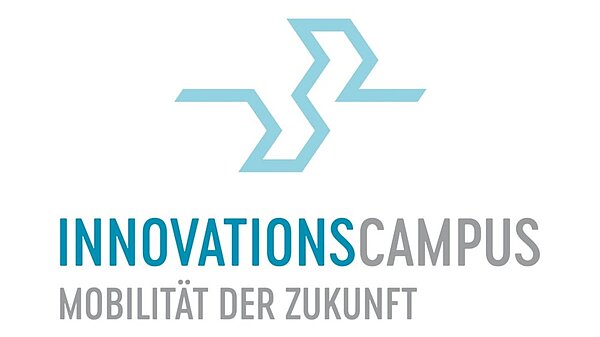Project Aims
The digitization of industrial production is a strategic goal across industries and a key driver of innovation. However, there is still a significant gap between ideas, concepts, and visions and industrial realities. In the information technology (IT) industry, these hurdles have been overcome by approaches such as edge and cloud computing as well as uniform standards and data models. These standards, unfortunately, are difficult to transfer to production technology. Compatibility of architectures and methods is limited, connectivity is complex, unified data models are lacking, and there are wide-ranging issues regarding control over systems and security of data.
The European Gaia-X initiative addresses these challenges by creating a pan-European infrastructure for data and services, based on a unified architecture that aims to address these shortcomings. In the InnovationCampus Future Mobility (ICM)—a joint research initiative funded by the State of Baden-Württemberg at the University of Stuttgart and the Karlsruhe Institute for Technology—digital solutions play a central role and Gaia-X is seen as a potential enabler for a variety of research activities.
Through a concrete pilot project, Gaix-X4ICM will be brought into production, enabled to couple with world-class production systems, and ultimately create the basis for a strongly scaling innovation platform for the ICM as well as research and industry. implementation will take place at several locations and includes the integration of the infrastructure in data centres (HLRS and SCC) as well as the coupling with real production systems in research and learning facilities.
Project Achievements
The project has identified relevant concepts of Gaia-X and applied them to the Gaia-X4ICM ecosystem. This includes that a containerized, hyper-converged cloud infrastructure was installed at the premises of HLRS, which is operated based on the principles of the Sovereign Cloud Stack. Additionally, mechanisms for secure data exchange were integrated, which meaningfully enhance the federation services within Gaia-X4ICM.
Furthermore, the following four specific use cases were defined and incorporated into the Gaia-X4ICM ecosystem: Digital Product Passport, Wear and Tear-Aware Components, Tool Wear and Tear Recognition, and Laser Analysis.
This led to the development of processes for onboarding new end users and resources to the Cloud infrastructure, as well as the examination of scaling mechanisms in cloud computing to make resource utilization in the OT sector more efficient.
Future Objectives
The infrastructure put into operation by the Gaia-X4ICM project for secure and efficient data processing generates extensive synergy effects for the entire ICM. The developed solutions serve as a blueprint for future projects that benefit from real-time data processing, cloud computing, and the ecosystem concept of a comprehensive data space. In particular, the establishment of scalable and interoperable interfaces promotes the sustainable advancement of digital manufacturing technologies and fosters collaboration between research institutions and industry partners.

